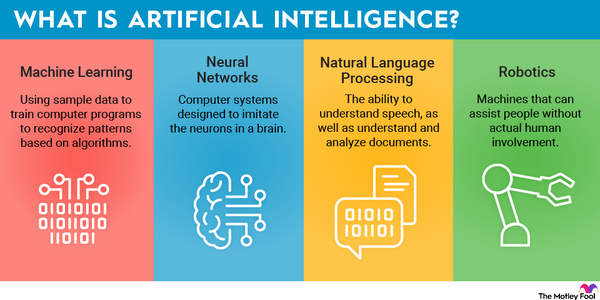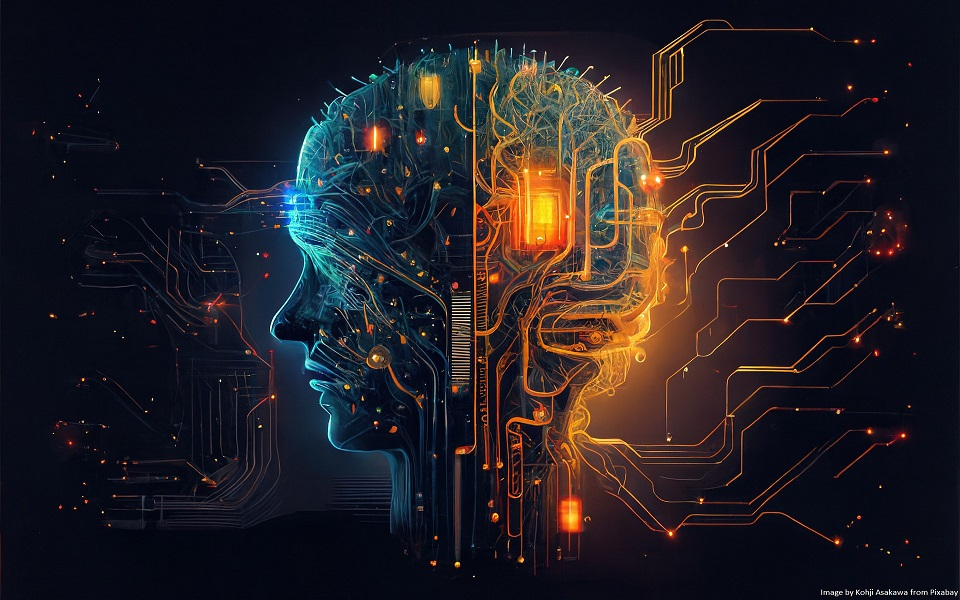
Still prohibited at some schools, ChatGPT gains a main function at California State University.

On Tuesday, forum.pinoo.com.tr OpenAI announced plans to introduce ChatGPT to California State University's 460,000 trainees and 63,000 faculty members throughout 23 campuses, reports Reuters. The education-focused version of the AI assistant will aim to offer trainees with tailored tutoring and research study guides, while faculty will be able to use it for administrative work.

"It is critical that the whole education ecosystem-institutions, systems, technologists, educators, and governments-work together to guarantee that all trainees have access to AI and gain the skills to utilize it properly," said Leah Belsky, VP and basic supervisor of education at OpenAI, in a statement.

OpenAI started incorporating ChatGPT into academic settings in 2023, suvenir51.ru regardless of early concerns from some schools about plagiarism and potential unfaithful, resulting in early bans in some US school districts and universities. But over time, resistance to AI assistants softened in some universities.
Prior to OpenAI's launch of ChatGPT Edu in May 2024-a variation purpose-built for academic use-several schools had actually already been utilizing ChatGPT Enterprise, consisting of the University of Pennsylvania's Wharton School (employer of frequent AI analyst Ethan Mollick), the University of Texas at Austin, and the University of Oxford.
Currently, the new California State partnership represents OpenAI's biggest implementation yet in US greater education.
The higher education market has actually ended up being competitive for AI model makers, as Reuters notes. Last November, Google's DeepMind department partnered with a London university to supply AI education and mentorship to teenage trainees. And in January, hb9lc.org Google invested $120 million in AI education programs and strategies to introduce its Gemini design to trainees' school accounts.
The pros and cons
In the past, we have actually composed regularly about precision concerns with AI chatbots, such as producing confabulations-plausible fictions-that might lead trainees astray. We've likewise covered the previously mentioned concerns about unfaithful. Those issues remain, and counting on ChatGPT as an accurate recommendation is still not the very best concept since the service might present errors into academic work that might be difficult to spot.
Still, some AI experts in greater education believe that accepting AI is not a terrible concept. To get an "on the ground" viewpoint, we spoke to Ted Underwood, a professor of Details Sciences and English at the University of Illinois, Urbana-Champaign. Underwood typically posts on social media about the crossway of AI and college. He's meticulously optimistic.
"AI can be genuinely helpful for trainees and professors, so making sure gain access to is a legitimate goal. But if universities outsource reasoning and composing to personal firms, we may find that we've outsourced our entire raison-d'être," Underwood informed Ars. In that method, it may appear counter-intuitive for a university that teaches trainees how to think seriously and resolve problems to depend on AI models to do a few of the believing for us.
However, while Underwood thinks AI can be potentially useful in education, he is likewise concerned about relying on proprietary closed AI models for the job. "It's probably time to start supporting open source alternatives, like Tülu 3 from Allen AI," he said.

"Tülu was created by scientists who freely explained how they trained the design and what they trained it on. When designs are created that method, we understand them better-and more notably, they become a resource that can be shared, like a library, instead of a mystical oracle that you have to pay a cost to utilize. If we're trying to empower trainees, that's a better long-term course."
In the meantime, AI assistants are so brand-new in the grand scheme of things that counting on early movers in the area like OpenAI makes good sense as a convenience relocation for universities that want total, ready-to-go commercial AI assistant solutions-despite possible factual disadvantages. Eventually, open-weights and open source AI applications might gain more traction in higher education and give academics like Underwood the transparency they look for. When it comes to teaching trainees to properly utilize AI models-that's another concern completely.









